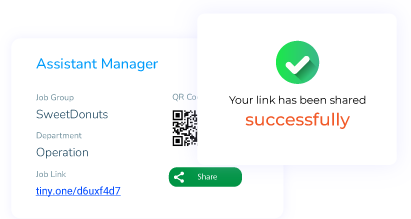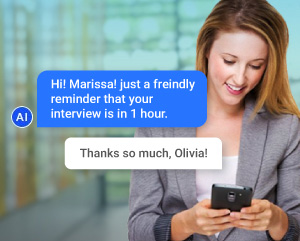Human bias in recruitment has been a significant challenge for organizations aiming to build a diverse and inclusive workforce. Despite best efforts, unconscious biases often sneak into hiring decisions, affecting fairness and leading to missed opportunities for qualified candidates. Fortunately, Artificial Intelligence (AI) is transforming the recruitment landscape, offering new tools to reduce human bias… Continue reading From Bias to Fairness: How AI is Redefining Recruitment Standards
From Bias to Fairness: How AI is Redefining Recruitment Standards
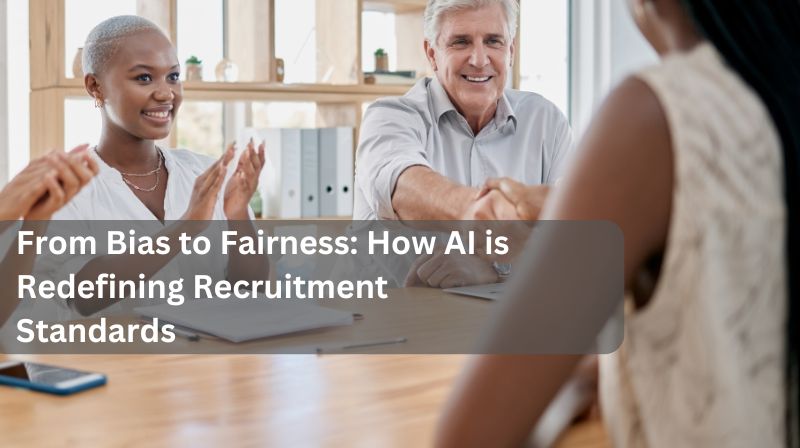
For more information on CloudApper AI Recruiter visit our page here.
Human bias in recruitment has been a significant challenge for organizations aiming to build a diverse and inclusive workforce. Despite best efforts, unconscious biases often sneak into hiring decisions, affecting fairness and leading to missed opportunities for qualified candidates. Fortunately, Artificial Intelligence (AI) is transforming the recruitment landscape, offering new tools to reduce human bias and promote more objective and equitable hiring practices.
Understanding Human Bias in Recruitment
Human bias in recruitment refers to the unintended and often subconscious influence that personal beliefs, experiences, or cultural backgrounds have on hiring decisions. These biases can manifest in many ways, such as favoring candidates with certain educational backgrounds, preferring individuals from specific geographic regions, or unconsciously choosing candidates who look or sound like the hiring manager. This not only limits the pool of potential candidates but also undermines efforts to create a diverse and inclusive workplace.
A study by Harvard Business Review found that human bias affects 45% of recruitment decisions, significantly influencing who gets hired and who doesn’t. Addressing these biases is critical for organizations looking to foster a diverse, innovative, and productive workforce.
How AI is Reducing Human Bias in Recruitment
AI tools are designed to identify and mitigate bias throughout the hiring process. Here are several ways AI is reducing bias in the recruitment process:
Objective Screening of Resumes
AI algorithms can analyze resumes without the influence of human bias. By focusing solely on relevant skills, qualifications, and experience, AI tools ensure that every applicant is assessed fairly. For example, AI can be programmed to remove identifying information such as names, ages, genders, or ethnic backgrounds, preventing recruiters from making biased decisions based on these factors. This method promotes diversity by evaluating candidates purely on their professional merits.
Structured and Fair Interviews
AI-driven interview platforms can help reduce bias by standardizing the interview process. These platforms use algorithms to analyze candidates’ responses based on objective criteria, such as language use, tone of voice, and body language, rather than subjective opinions. Additionally, AI tools can provide consistent questions to all candidates, ensuring everyone has the same opportunity to showcase their skills and qualifications.
Data-Driven Insights for Decision Making
AI in recruitment goes beyond screening and interviewing; it also provides data-driven insights that help hiring managers make more informed decisions. By analyzing large datasets, AI can identify patterns and trends in recruitment, highlighting potential areas where bias may exist. For instance, AI can reveal if certain groups are consistently eliminated at a particular stage of the hiring process, allowing organizations to address these disparities proactively.
Diverse Talent Sourcing
AI can expand the talent pool by sourcing candidates from diverse backgrounds. Traditional recruitment methods often rely on personal networks or familiar job boards, limiting access to diverse candidates. AI, however, can scour multiple platforms, including social media and niche job boards, to find qualified candidates from various demographics and geographic regions. This approach ensures that organizations have access to a broader range of talent, promoting diversity and inclusion.
CloudApper AI: A Game-Changer in Fair Recruitment
CloudApper AI is leading the charge in promoting fairness and inclusivity in recruitment by offering innovative AI-driven tools that minimize human bias. With advanced algorithms, CloudApper AI eliminates identifying information from resumes, standardizes interviews, and provides actionable insights based on objective data. This ensures that every candidate is evaluated based on merit, fostering a diverse and dynamic workplace.
Conclusion
Human bias in recruitment can have far-reaching consequences, affecting both organizational success and workplace culture. By leveraging AI technologies, companies can minimize bias, promote fairness, and build more inclusive teams. As AI continues to evolve, its role in recruitment will become even more critical, helping organizations make smarter, more equitable hiring decisions and bridging the gap between talent and opportunity.
AI in recruitment is not just a trend; it is a powerful tool for creating a fairer, more inclusive hiring landscape. With solutions like CloudApper AI, organizations can harness the power of technology to redefine recruitment standards, ensuring a level playing field for all candidates.
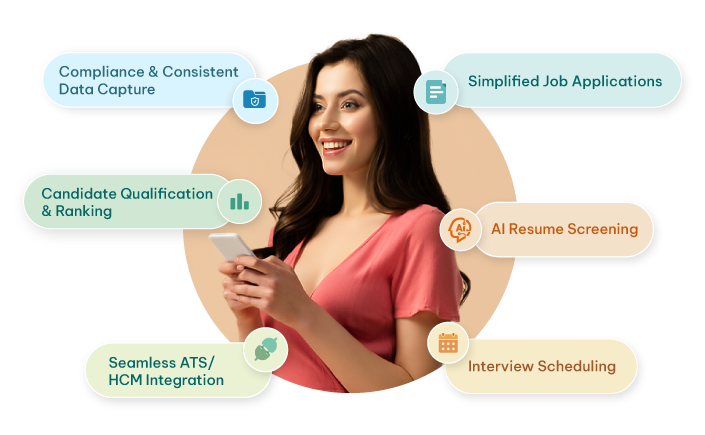
CloudApper AI Recruiter Transforms Your Hiring
Stress Into Success
The Best AI Recruiting Tool For Talent Acquisition
Cut time-to-hire, reduce candidate drop-offs, and automate routine recruitment tasks-without replacing your current HCM or ATS.
Learn more | Download Brochure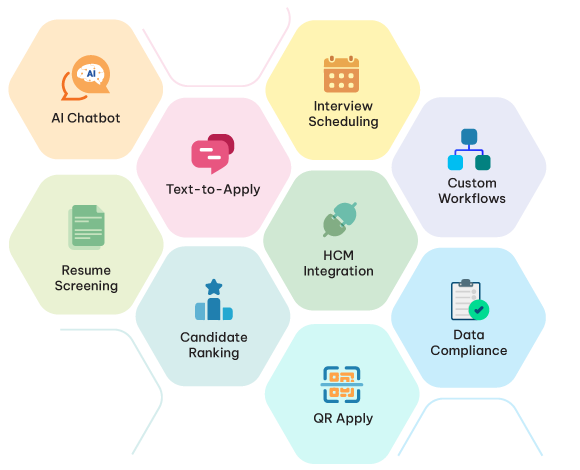
Reduce Time-to-Hire by 97% with AI for
Talent Acquisition
Recruit skilled, culturally fit, and diverse candidates with CloudApper’s state-of-the-art AI resume screening, automated interview scheduling, and offer letter generation.
Learn more | Download BrochureSimilar Posts
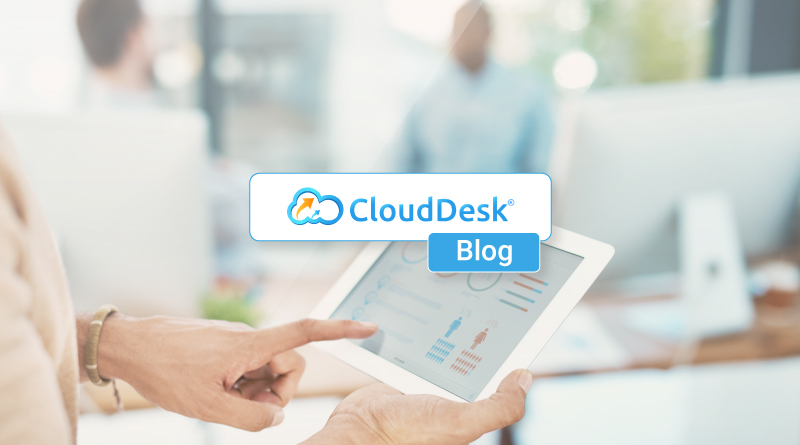
Enhancing HR Efficiency with AI-Powered Candidate Ranking

How AI is Transforming Employee Referrals into a Recruitment Powerhouse

